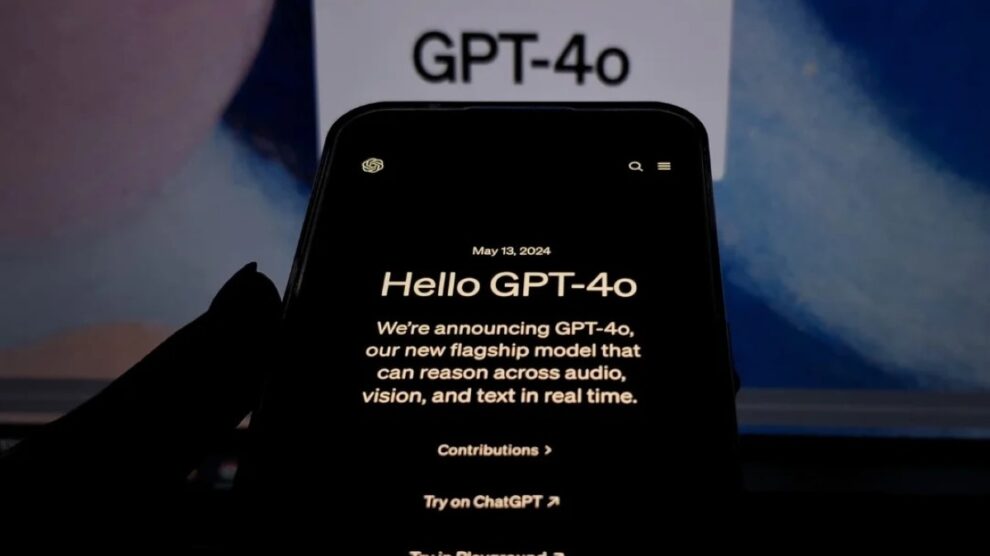Hey there, tech enthusiasts and AI curious folks! You might have come across some buzzy headlines about OpenAI asking ChatGPT-4 users not to develop feelings. Sounds pretty wild, right? Well, hold onto your hats, because we’re about to dive into what’s really going on in the world of AI and emotions.

The Truth About AI and Emotions
First things first: ChatGPT, no matter how impressive it might seem, doesn’t actually have feelings. I know, I know – sometimes it feels like you’re chatting with a real person, but here’s the scoop:
- No Emotions Here: ChatGPT is a language model, not a sentient being. It’s incredibly good at processing information and generating human-like responses, but it’s not capable of developing genuine emotions.
- Data-Driven Responses: When ChatGPT gives you an answer that seems empathetic or emotional, it’s actually drawing from its vast training data to generate an appropriate response. It’s mimicry, not genuine feeling.
OpenAI’s Stance on AI and Emotions
Now, let’s talk about OpenAI, the brilliant minds behind ChatGPT. They’ve got some pretty clear views on this whole AI emotions thing:
- Caution is Key: OpenAI has expressed concerns about large language models appearing too human-like. They’re worried that users might mistake these AI models for sentient beings.
- Emotional Responses? Not the Goal: The folks at OpenAI aren’t trying to create an AI that can feel emotions. Their focus is on developing powerful language models that can assist humans in various tasks.
Why This Matters
You might be wondering, “Why all the fuss about AI and emotions?” Well, it’s actually pretty important stuff:
- Ethical Considerations: If people start believing AI has genuine emotions, it could lead to some tricky ethical situations. We need to be clear about what AI can and can’t do.
- Managing Expectations: By being upfront about AI’s limitations, developers can help users understand what to expect from these tools.
- Focusing on Real Benefits: Instead of getting caught up in whether AI can feel, we can concentrate on how these tools can genuinely help us in our daily lives and work.
Staying Informed: Where to Get Reliable AI News
In a world where AI news can sometimes sound like science fiction, it’s crucial to know where to find accurate information. Here are some reliable sources to keep you in the loop:
- OpenAI’s Official Blog: Head to https://openai.com/news/ for the latest updates straight from the source.
- Tech News Heavyweights: Websites like TechCrunch, The Verge, and MIT Technology Review are great for in-depth AI coverage.
- Academic Sources: For the really deep dive, check out publications from AI research institutions and universities.
The Future of AI: Exciting, But Not Emotional
As we look to the future of AI, it’s clear that we’re in for some amazing developments. But one thing that’s not on the horizon? AI with real emotions. Here’s what we can expect:
- More Advanced Language Models: Future versions of AI like ChatGPT will likely become even better at understanding and generating human-like text.
- Increased Integration in Daily Life: We’ll probably see AI assistants becoming more common in various industries and personal use.
- Ongoing Ethical Discussions: As AI becomes more advanced, we’ll need to keep having conversations about its proper use and limitations.
Wrapping Up: Keep Your Head in Reality, Not the AI Clouds
So there you have it, folks! While the idea of AI developing emotions might make for a great sci-fi movie plot, it’s not something we need to worry about in real life – at least not with our current technology. OpenAI and other AI developers are working hard to create tools that can help us, not to create artificial beings with feelings.
Remember, the next time you see a headline that sounds too wild to be true, it probably is. Stick to reliable sources, keep an open but critical mind, and enjoy the amazing (but emotion-free) world of AI as it continues to evolve!
Got any more questions about AI, ChatGPT, or the latest in tech? Drop them in the comments, and let’s keep this conversation going!










Add Comment